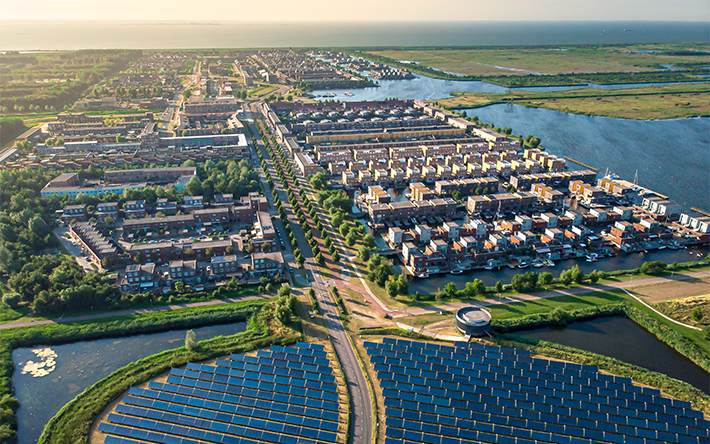
Fomento de la cohesión social y la convergencia
El fomento de la cohesión social y la convergencia es uno de los seis ámbitos de actividad principales del programa de trabajo de Eurofound para el período 2021-2024. Eurofound seguirá funcionando como centro de conocimientos especializados para el seguimiento y el análisis de las tendencias clave y de los factores determinantes para lograr una convergencia al alza de las condiciones de vida y de trabajo y para reforzar la cohesión económica y social en la UE. La pandemia de COVID-19 representa un desafío sin precedentes para la resiliencia económica y social de la UE, al poner de relieve la fragilidad de cualquier avance en los patrones de convergencia ya alcanzados.
Durante los próximos cuatro años, Eurofound proporcionará información importante sobre los retos y las perspectivas del ámbito de la cohesión social y la convergencia en la UE, ayudando a garantizar que sus economías y sociedades sean resilientes frente a futuras crisis. Eurofound profundizará en su trabajo de años anteriores sobre el tema de la convergencia al alza, haciendo especial hincapié en el posible aumento de nuevas desigualdades entre la ciudadanía y la manera de abordar el aumento de retos para la cohesión social que ha provocado la crisis. La Agencia informará periódicamente sobre las tendencias de la convergencia al alza en la dimensión socioeconómica, así como en las dimensiones esbozadas en el pilar europeo de derechos sociales a escala nacional y regional, comparando al mismo tiempo la UE con otros países desarrollados.
Al estudiar los factores que impulsan la convergencia económica y social y sus implicaciones, Eurofound prestará atención a una serie de elementos: inversión social, movilidad y marcos institucionales, regulación, sistemas de bienestar, calidad institucional y servicios públicos , diálogo social y reformas estructurales. La investigación examinará la eficacia de la respuesta de la UE a la pandemia para la convergencia económica y social. También estudiará la situación en la zona del euro y se centrará en el papel de los procesos de relaciones laborales a la hora de influir en la convergencia.
Eurofound estudiará las tendencias y los motores de la cohesión social en la Unión Europea, en concreto, examinando de qué modo la pandemia de COVID-19 ha acentuado las desigualdades existentes o ha dado lugar a otras nuevas que afectan a la sociedad en general o a grupos específicos de ciudadanos. El análisis se centrará en las disparidades económicas, sociales y sanitarias, tanto en el mercado laboral como en términos de acceso y calidad de bienes y servicios esenciales como la asistencia sanitaria , la vivienda, la educación y la protección social . Se estudiará la relación entre las desigualdades, la confianza institucional y el descontento. Otros ámbitos de interés incluyen la migración , la integración y las tensiones sociales.
Los resultados de la investigación que resulten de esta actividad contribuirán al trabajo de los diferentes servicios de la Comisión Europea y del Comité de Empleo (COEM), el Comité de Protección Social (CPS), el Comité Económico y Financiero (CEF), el Consejo y el Parlamento Europeo, también en relación con el Semestre Europeo.






















